Best Companion Plants For Orange Trees
Best Companion Plants for Orange Trees
Orange trees are a popular choice for home gardeners, and for good reason. They are relatively easy to care for, and they produce delicious fruit. But did you know that planting companion plants near your orange tree can help it to thrive?
Companion planting is a gardening technique that involves planting certain plants together to benefit each other. Some companion plants can help to attract pollinators, which will help your orange tree to produce more fruit. Others can help to repel pests, or they can improve the soil quality around your tree.
Here are some of the best companion plants for orange trees:
- Nasturtiums: These colorful flowers attract pollinators, such as bees and butterflies. They also help to repel aphids and other pests.
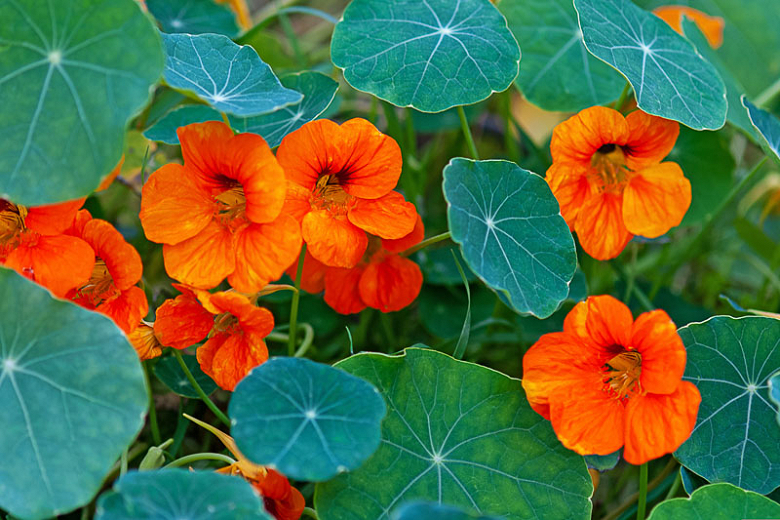
- Marigolds: Marigolds are another great choice for attracting pollinators. They also help to repel nematodes, which are microscopic worms that can damage orange trees.
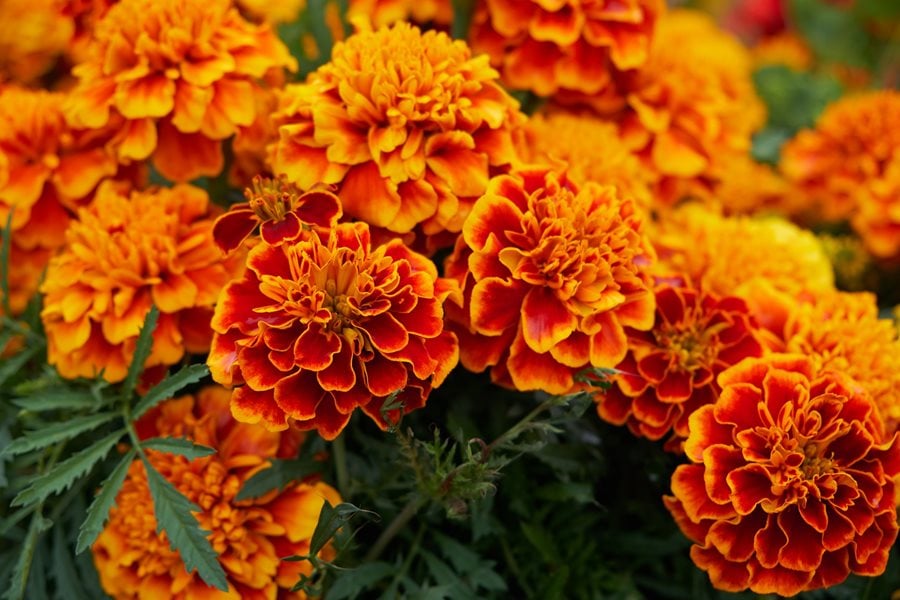
- Chives: Chives are a popular herb that can also be grown as a companion plant for orange trees. They help to repel pests, such as ants and slugs.
- Lavender: Lavender is a beautiful and fragrant herb that can also help to repel pests. It also helps to improve the soil quality around your orange tree.

- Rosemary: Rosemary is another herb that can help to repel pests. It also helps to improve the flavor of orange fruits.
- Yarrow: Yarrow is a flowering plant that helps to attract beneficial insects, such as ladybugs and lacewings. These insects prey on pests that can damage orange trees.

- Fennel: Fennel is a tall, leafy plant that can help to improve the drainage around your orange tree. It also helps to attract pollinators.

- Dill: Dill is a herb that helps to attract pollinators and repel pests. It also helps to improve the flavor of orange fruits.
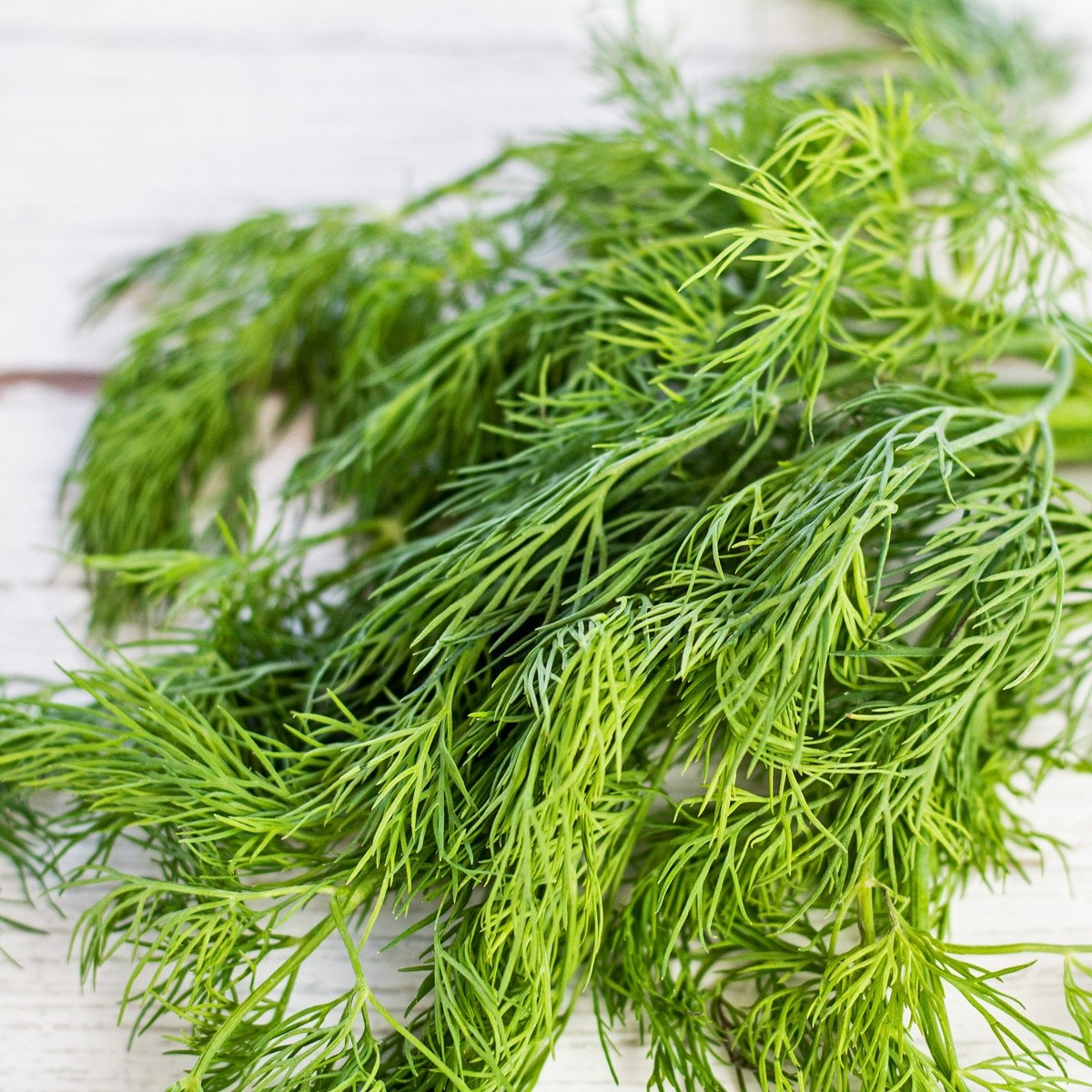
- Cilantro: Cilantro is another herb that helps to attract pollinators and repel pests. It also helps to improve the flavor of orange fruits.
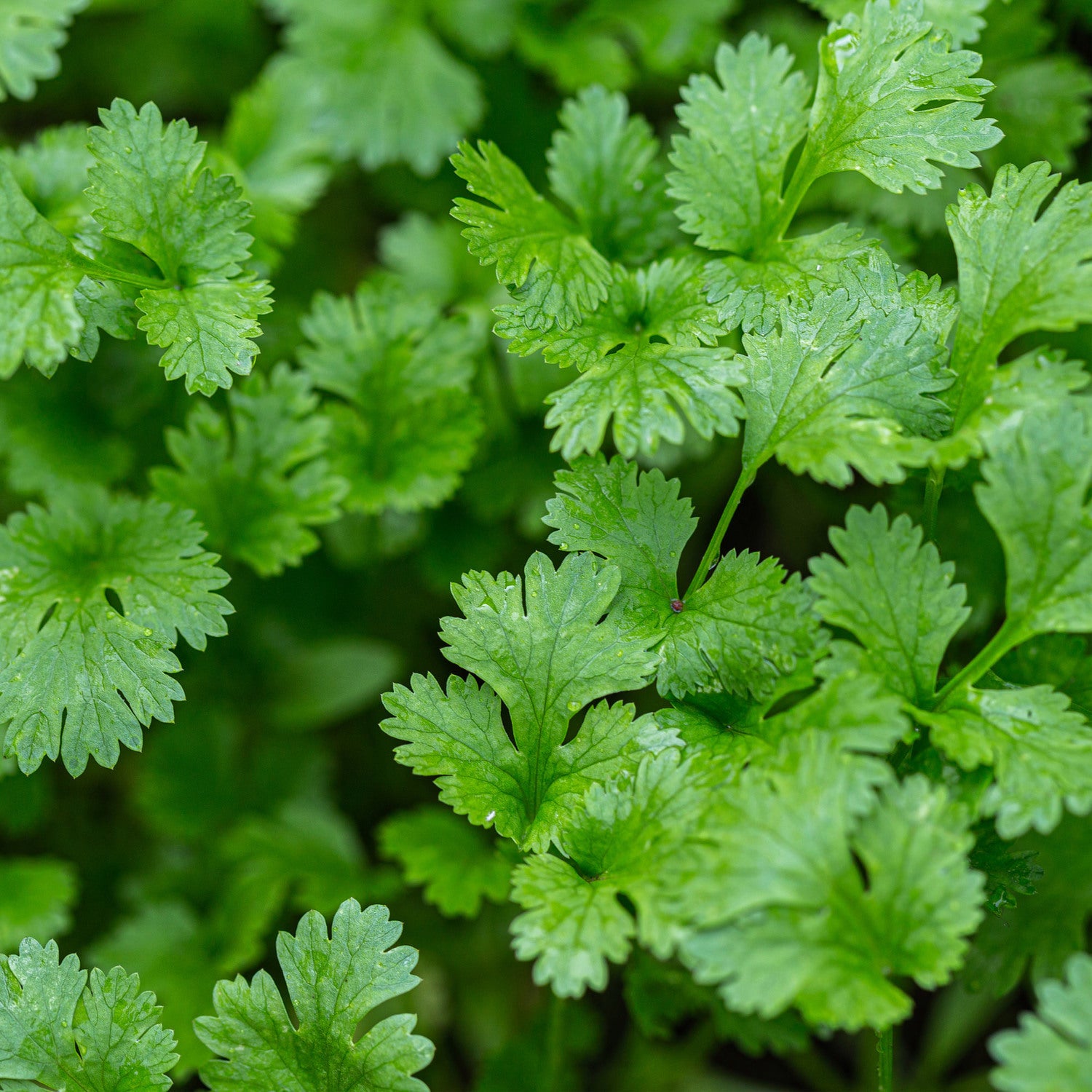
When choosing companion plants for your orange tree, it is important to consider the climate and soil conditions in your area. You should also make sure that the plants you choose will not compete with each other for water or nutrients.
If you are unsure about which companion plants to choose, you can always consult with a local nursery or gardening expert. They can help you to select the right plants for your specific needs.
If you're growing an orange tree in your garden, you may be wondering what companion plants you can grow alongside it. Companion planting is a gardening technique that involves planting certain plants together to benefit each other. For orange trees, some good companion plants include:
- Nasturtiums: These colorful flowers attract pollinators, which help to pollinate the orange tree and increase fruit production.
- Comfrey: This plant helps to improve the soil quality around the orange tree, making it easier for the tree to absorb nutrients.
- Alliums: These plants, such as chives and garlic, help to repel pests that can damage orange trees.
- Wildflowers: Wildflowers can add beauty and interest to your garden, and they can also help to attract pollinators.
For more information about companion plants for orange trees, I recommend visiting Gardenia Inspiration. This website has a comprehensive list of companion plants, as well as tips on how to plant and care for them.
FAQ of companion plants for orange trees
What are the best companion plants for orange trees?
The best companion plants for orange trees are those that attract pollinators, repel pests, and improve the soil. Some good options include:
- Nasturtiums: These colorful flowers attract beneficial insects like ladybugs and lacewings, which help to control pests.

- Marigolds: Marigolds also attract pollinators and release a scent that repels nematodes, which can damage orange trees.

- Lavender: Lavender has a strong scent that repels pests like mosquitoes and flies. It also helps to improve the drainage of the soil around orange trees.
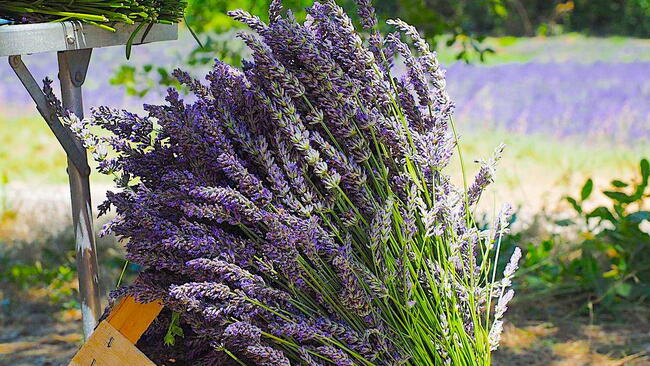
- Chives: Chives release a sulfuric compound that repels aphids and other pests. They also add nitrogen to the soil, which can help orange trees to grow.
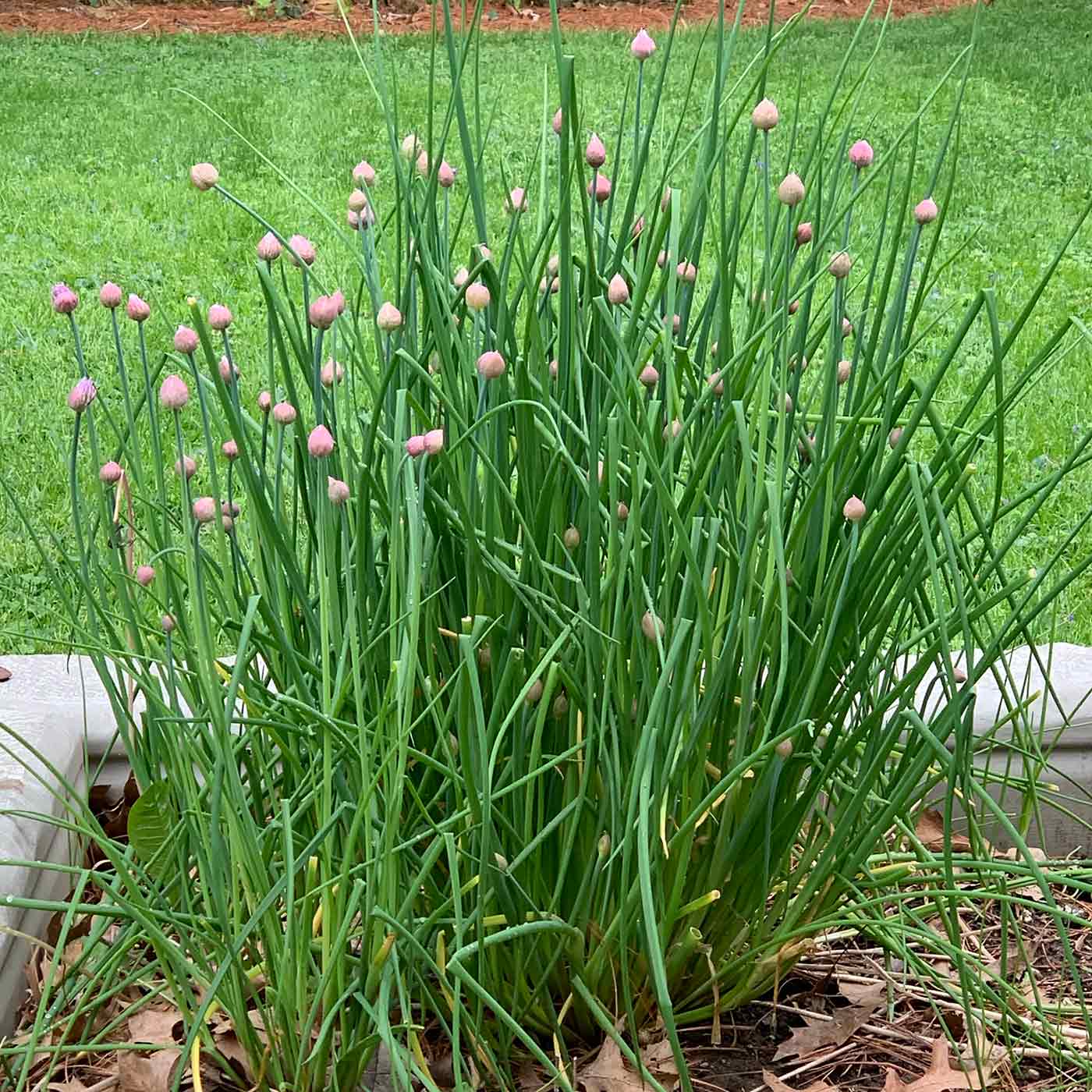
- Comfrey: Comfrey is a nitrogen-fixing plant that can help to improve the soil around orange trees. It also attracts pollinators and repels pests.
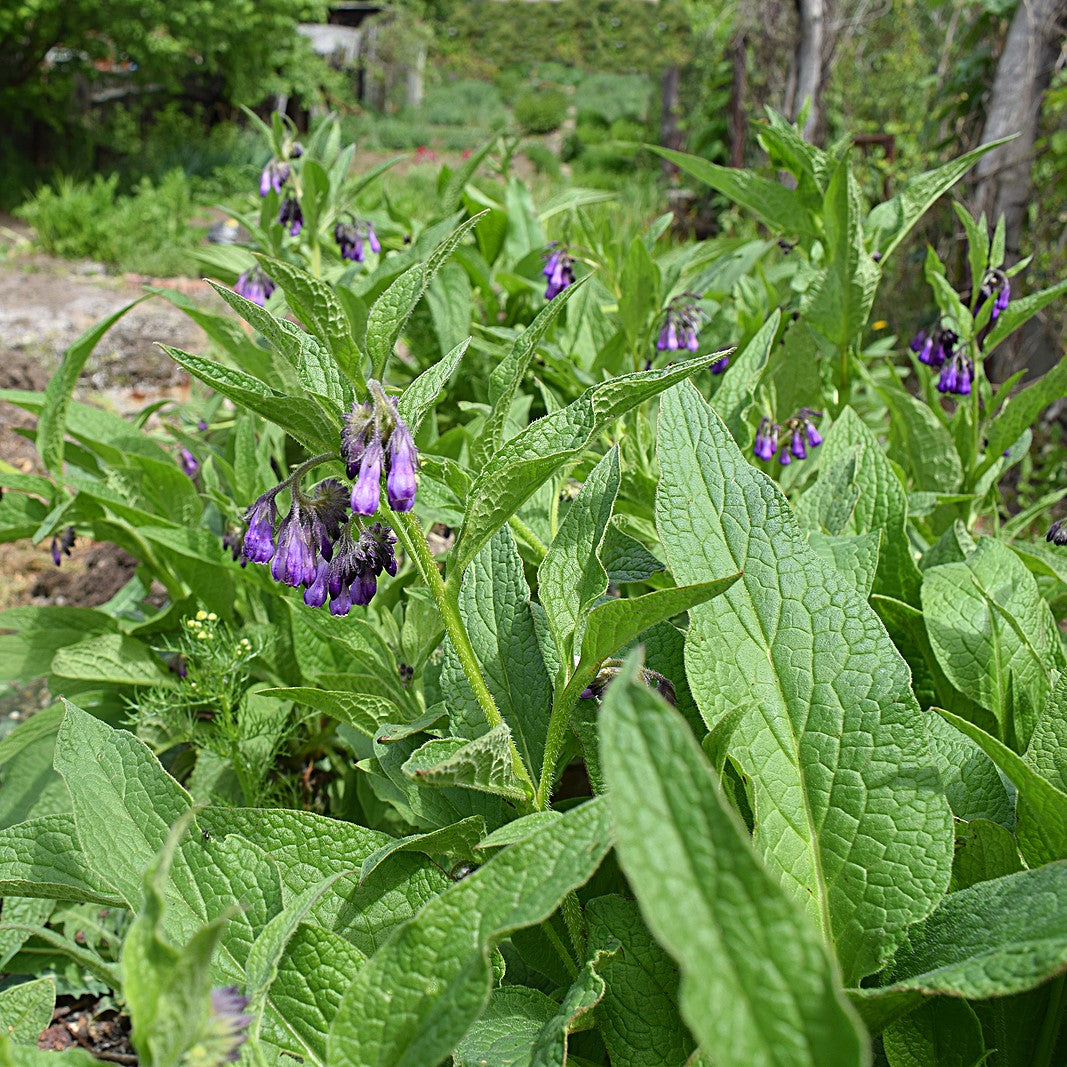
How far apart should companion plants be planted from orange trees?
The ideal distance between companion plants and orange trees will vary depending on the size of the plants and the amount of space you have available. However, as a general rule of thumb, you should plant companion plants at least 3 feet away from orange trees. This will give the plants enough space to grow and thrive without competing with each other for resources.
Can I plant companion plants under an orange tree?
Yes, you can plant some companion plants under an orange tree. However, it is important to choose plants that are not too tall or aggressive, as they could crowd out the orange tree. Some good options for underplanting orange trees include:
- Creeping thyme: This low-growing herb can help to suppress weeds and improve the drainage of the soil.

- Lavender: Lavender, as mentioned earlier, has a strong scent that repels pests and can help to improve the drainage of the soil.
- Marigolds: Marigolds are another good option for underplanting orange trees. They attract pollinators and release a scent that repels nematodes.
What are some of the benefits of companion planting with orange trees?
There are many benefits to companion planting with orange trees. Some of the most notable benefits include:
- Increased pollination: Companion plants can attract pollinators, such as bees and butterflies, which help to increase the pollination of orange trees. This can lead to a better fruit yield.
- Reduced pest pressure: Companion plants can repel pests, such as aphids, mosquitoes, and flies. This can help to keep your orange trees healthy and free of pests.
- Improved soil health: Companion plants can improve the soil health around orange trees by adding nutrients, suppressing weeds, and improving drainage. This can help orange trees to grow and thrive.
- Enhanced visual appeal: Companion plants can add color and interest to your garden, and they can help to create a more attractive and inviting space.
What are some common mistakes to avoid when companion planting with orange trees?
Here are a few common mistakes to avoid when companion planting with orange trees:
- Planting incompatible plants: Some plants are incompatible with orange trees and can actually harm them. It is important to do your research before planting any companion plants near your orange trees.
- Planting too close together: Companion plants should be planted at least 3 feet away from orange trees to give them enough space to grow and thrive.
- Not watering enough: Companion plants need regular watering, just like orange trees. Make sure to water your companion plants deeply and regularly, especially during hot, dry weather.
- Not fertilizing enough: Companion plants also need to be fertilized regularly, just like orange trees. Use a balanced fertilizer and follow the directions on the label.
Image of companion plants for orange trees
5 different images of companion plants for orange trees from Pinterest:
- Marigolds help to repel pests such as aphids, whiteflies, and spider mites.

- Petunias also help to repel pests, and they can also attract beneficial insects such as ladybugs and lacewings.

- Lavender is a fragrant herb that can help to deter mosquitoes and other insects.

- Rosemary is another fragrant herb that can help to repel insects. It can also help to improve the flavor of the oranges.

- Cilantro is a herb that can help to attract beneficial insects such as bees and butterflies. These insects can help to pollinate the orange tree, which will lead to more fruit production.

Post a Comment for " Best Companion Plants For Orange Trees"